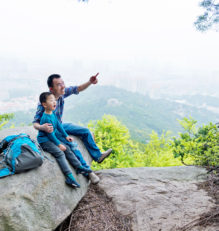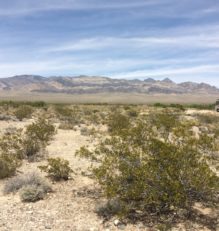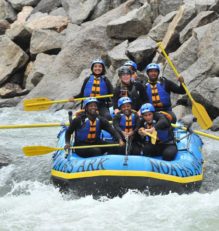An Inclusive Vision for the Next 100 Years of Conservation and Stewardship in America
The Next 100 Coalition was established in 2016 as a collaborative national network of Black, Indigenous, People of Color leaders from community-centered conservation, outdoor recreation, environmental education, public health, environmental justice orgs. Together, we work towards a shared vision of a more diverse and inclusive lands and ocean conservation movement.





VISION
We envision healthy waterways, lands, ocean, and coasts that are connected to and reflect the racial and cultural diversity of our country and their administration and stewardship demonstrates and values the myriad ways people connect to and care for the environment.
MISSION
The mission of the Next 100 Coalition is to connect, amplify, and support the leadership of historically marginalized communities in the administration and stewardship of waterways, lands, ocean, and coasts to advance community prosperity and resilience.
BOARD OF DIRECTORS
In August 2020, the Next 100 Coalition announces its first Founding Board of Directors. Since then, we have expanded our board to nine individuals, representing diverse organizations that are based all across the country. Get to know our Board of Directors.
MEMBERSHIP
Next 100 Coalition members represent a network of Black, Indigenous, People of Color leaders from community-centered conservation, outdoor recreation, environmental education, public health, environmental justice organizations and dedicated outdoor equity leaders. Together, we work towards a shared vision of a more divers and inclusive lands and ocean conservation movement(s). Read more about our members.
HISTORY
The Next 100 Coalition was established in 2016 and since then we have accomplished so much as a collective. Read more about our history.
OUR VALUES
- We value inclusion, racial justice and equity. We work towards dismantling white supremacy and advancing collective liberation. We recognize the dynamic and complex relationship between them.
- We value collaboration, focusing on consensus-oriented, democratic decision-making.
- We value care, passion, creativity, positive impact, the boldness of risk-taking and courage, and innovation in our action.
- We value transparency and open dialogue, especially the ability and commitment to working with and through tension.
- We respect the land and its original stewards, each other, and our greater collective commitment.
- We center impacted leadership in our process, methodologies and program work.

